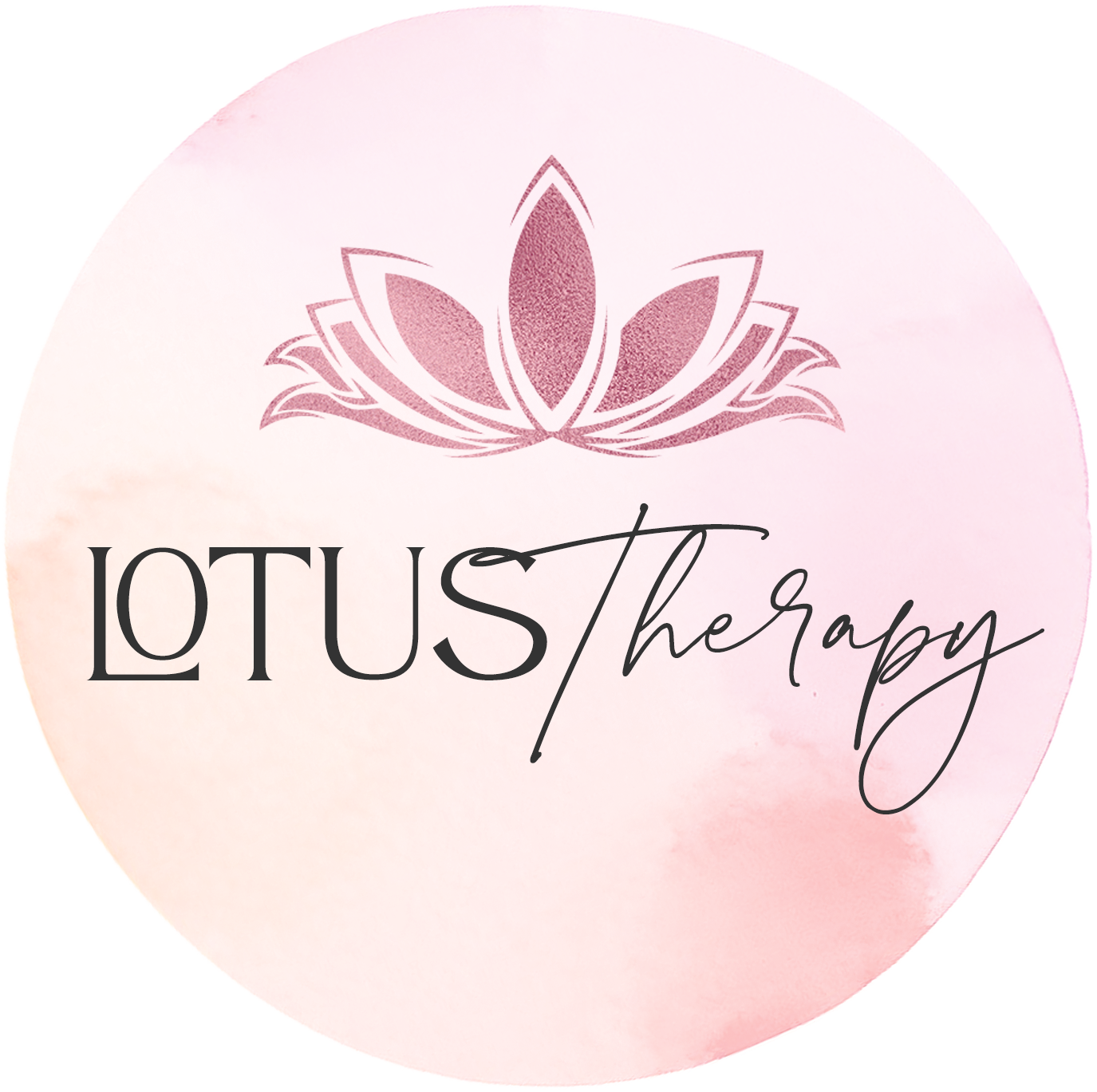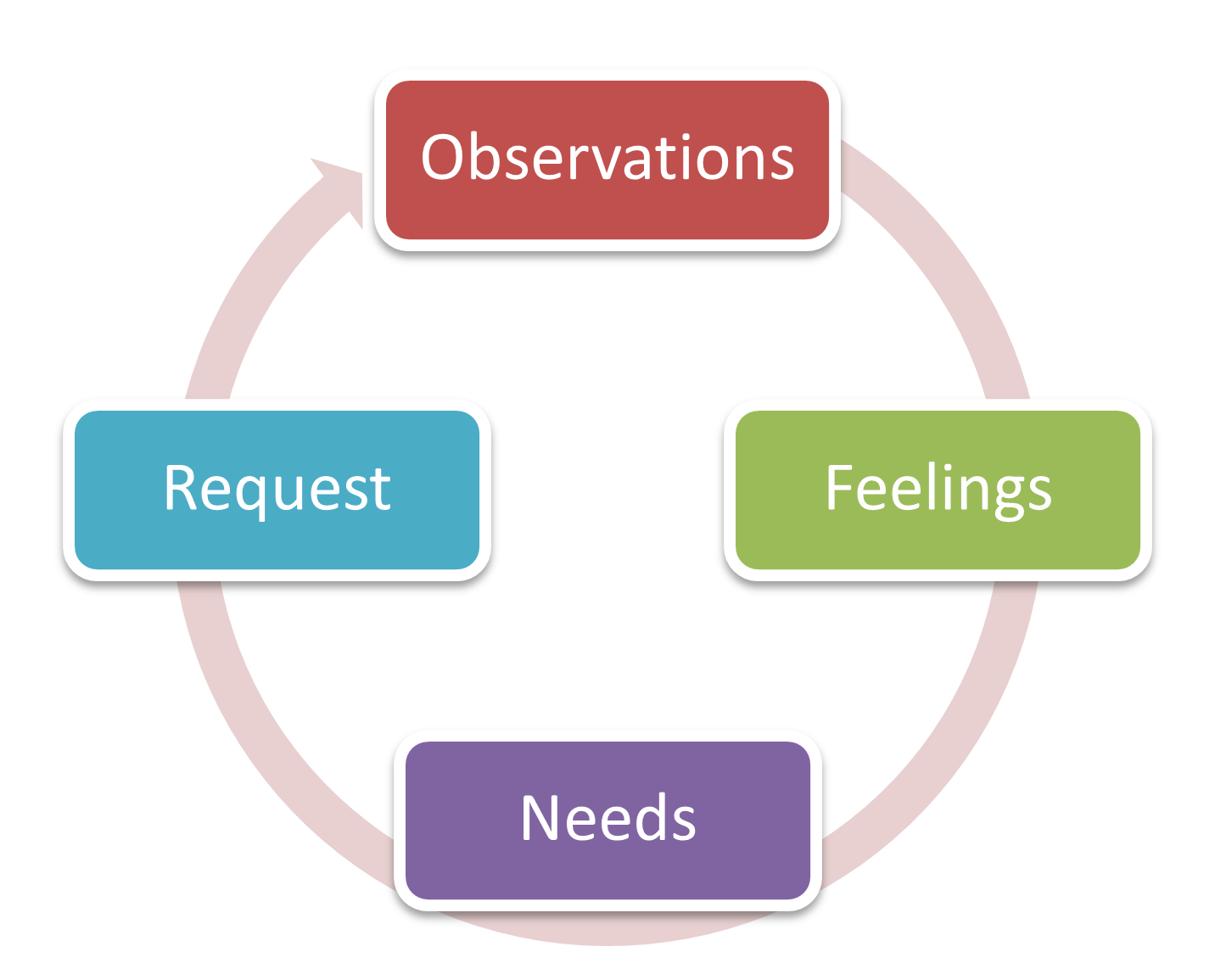Effective Conflict Resolution Strategies for Couples
How to Navigate Disagreements and Strengthen Your Relationship
Every couple experiences disagreements and conflicts at some point in their relationship. While these conflicts can be challenging, they also present opportunities for growth and deeper understanding. Learning effective conflict resolution strategies is crucial for maintaining a healthy and strong relationship. In this blog post, we'll explore practical techniques for navigating disagreements and turning conflicts into opportunities for strengthening your bond, including insights from Marshall Rosenberg's Nonviolent Communication (NVC).
Understanding the Nature of Conflict
Conflicts in relationships often arise from misunderstandings, differing expectations, or unmet needs. Common triggers include issues related to finances, communication styles, household responsibilities, and intimacy. At the core of many conflicts is a lack of effective communication, which can lead to feelings of frustration and disconnection.
It's important to recognize that conflict is a natural part of any relationship. The key is not to avoid conflict altogether, but to learn how to manage and resolve it in a healthy and constructive manner.
Effective Communication Techniques
Active Listening
One of the most important skills in conflict resolution is active listening. This means fully focusing on your partner, understanding their perspective, and responding thoughtfully. Active listening involves:
Making eye contact and showing interest in what your partner is saying
Avoiding interruptions and distractions
Reflecting back what you've heard to ensure understanding
Nonviolent Communication (NVC)
Marshall Rosenberg's Nonviolent Communication is a powerful tool for fostering understanding and resolving conflicts. NVC emphasizes compassion and empathy, encouraging individuals to express their feelings and needs without blame or criticism. The four components of NVC are:
Observations: State what you observe without evaluating or judging. For example, "When I see you leave your dishes in the sink..."
Feelings: Express how you feel about what you observe. For example, "...I feel frustrated..."
Needs: Identify the underlying needs related to your feelings. For example, "...because I need cleanliness and order in our home."
Requests: Make a clear and specific request that addresses your needs. For example, "Would you be willing to wash your dishes after using them?"
Using "I" Statements
Expressing your feelings and needs without blaming or criticizing your partner can help prevent defensiveness. Using "I" statements allows you to take responsibility for your emotions and communicate more effectively. For example:
Instead of saying, "You never listen to me," try, "I feel unheard when I don't get a chance to speak."
Avoiding Blame and Criticism
Blame and criticism can escalate conflicts and damage trust. Focus on discussing specific behaviors or situations rather than attacking your partner's character. For instance:
Instead of, "You're always late," say, "I feel frustrated when we don't start things on time."
Staying Calm and Focused
During disagreements, it's easy to become overwhelmed by emotions. Techniques for staying calm include:
Taking deep breaths
Pausing before responding
Keeping your voice tone even and respectful
Finding Common Ground
Empathy and Understanding
Empathy involves seeing things from your partner's perspective and acknowledging their feelings. Practicing empathy can help both partners feel heard and valued, making it easier to find common ground.
Mutually Acceptable Solutions
Conflict resolution often involves compromise and collaboration. Work together to identify solutions that meet both of your needs. This might involve:
Brainstorming options
Discussing the pros and cons of each option
Agreeing on a plan that works for both partners
Compromise vs. Collaboration
Compromise means each partner gives up something to reach an agreement. Collaboration, on the other hand, involves finding a solution that fully satisfies both partners. Aim for collaboration whenever possible to ensure both partners feel respected and heard.
Managing Emotions During Conflict
Recognizing and Regulating Emotions
Being aware of your emotions and learning to regulate them can prevent conflicts from escalating. Techniques for managing emotions include:
Identifying triggers and understanding why they affect you
Practicing mindfulness and relaxation exercises
Communicating your feelings calmly and clearly
Calming Down During Heated Moments
When emotions run high, it's important to take steps to calm down before continuing the discussion. Strategies include:
Taking a break and agreeing to resume the conversation later
Engaging in physical activities or deep breathing exercises
Reassuring each other of your commitment to resolving the issue
Seeking Help When Needed
Sometimes, conflicts may be too complex or intense to resolve on your own. Seeking professional help can provide valuable support and guidance. Couples therapy or counseling can help you:
Improve communication skills
Understand underlying issues
Develop effective conflict resolution strategies
Effective conflict resolution is essential for maintaining a healthy and strong relationship. By practicing active listening, using Nonviolent Communication principles, employing "I" statements, finding common ground, and managing emotions, couples can navigate disagreements and turn conflicts into opportunities for growth. Remember, conflicts are a natural part of any relationship, and learning to resolve them constructively can strengthen your bond.
As a couples therapist based in Lakeland, Florida, I offer personalized counseling services to help couples strengthen their relationships. If you feel that professional help could benefit your relationship, don’t hesitate to reach out! If you're looking for something more personalized, I invite you to contact me for a consultation or book a session. Together, we can work towards building a more intentional and fulfilling relationship.
Written By: Crystin Nichols MS, RMFTI

